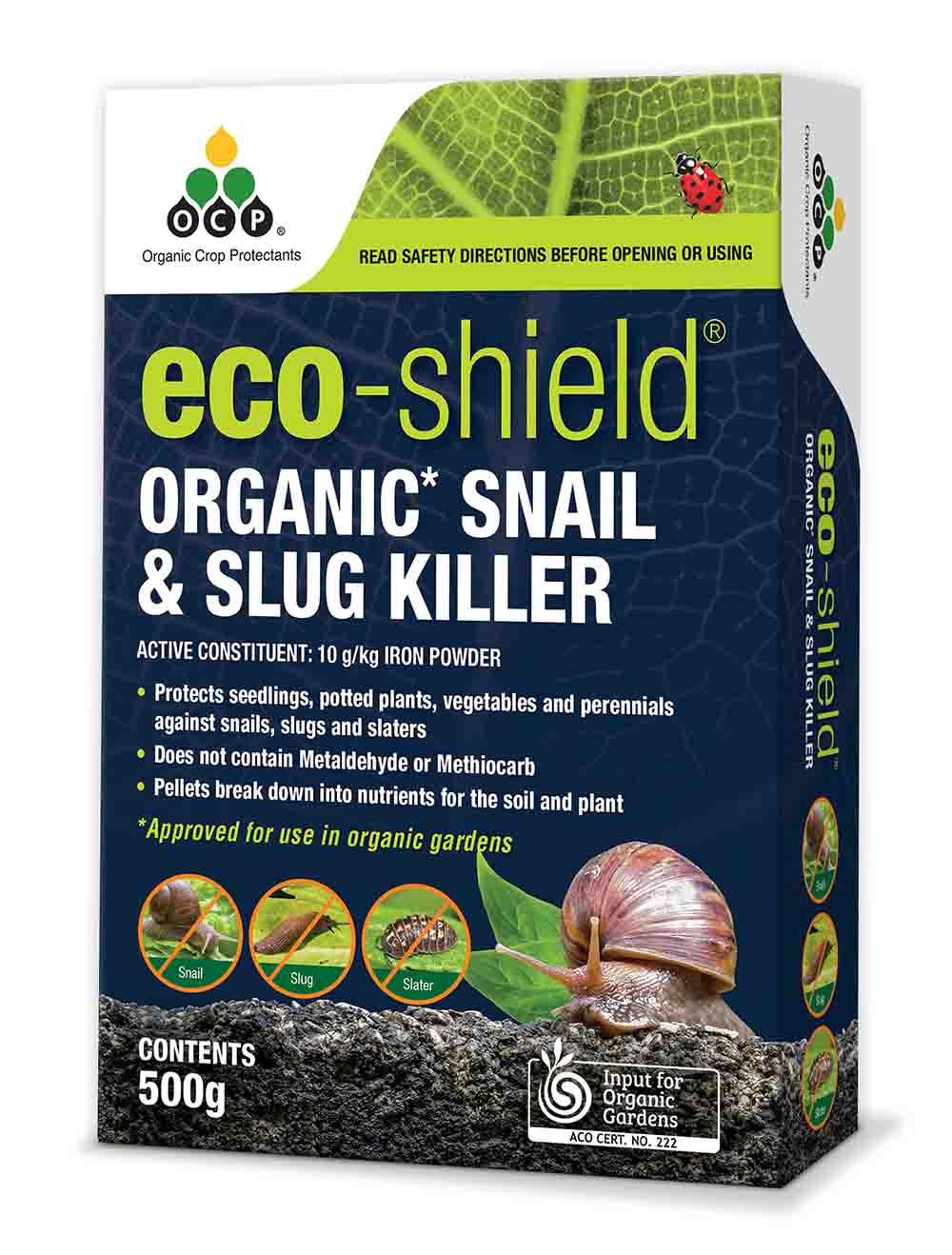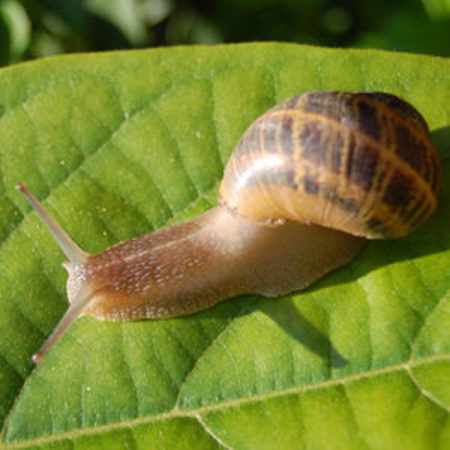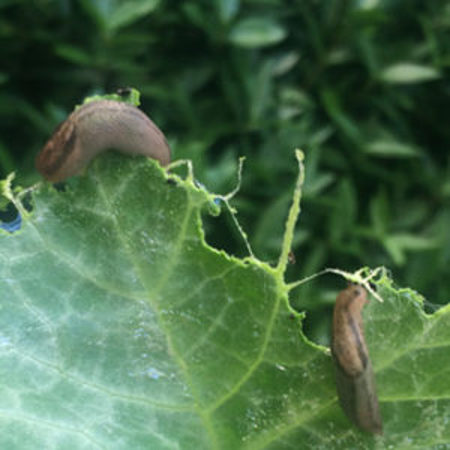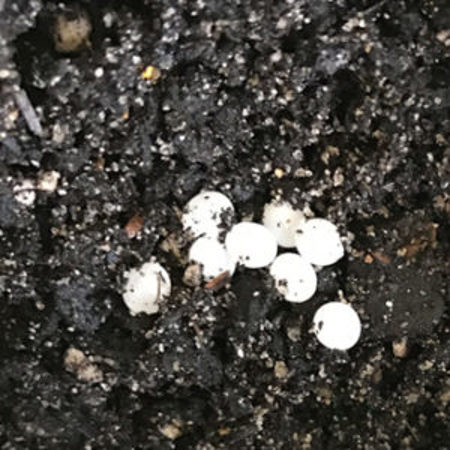Snails and Slugs
BackSnails and slugs are common pests which every gardener battles against at some stage. Unfortunately these guys aren’t fussy and will chew their way through leaves, soft stems, flowers and ripe fruit. Both leave distinctive silvery slime trails as they move over plants and hard surfaces.
Snails and slugs need moist conditions to thrive and are most active during the wettest months of the year. During hot dry periods they hide away biding their time until better conditions return.
These problem snails and slugs are actually introduced pests so don’t feel bad killing them! There are some Australian native snails and slugs but they are not regarded as pests.
Plants Attacked
Snails and slugs attack a huge range of plants but most susceptible are seedlings which can be completedly demolished overnight. Seedlings are most at risk when first planted out and suffering transplant shock.
Organic Snail and Slug Control
Listed below are multiple organic ways to attack the problem of snails and slugs:
- Apply OCP eco-shield organic pellets around seedlings, veggies and other plants you wish to protect. Reapply as they are consumed and after heavy rain.
- Remove hiding places – have a clean up through the garden to remove any obvious places they can seek shelter in eg empty pots, piles of wood, bricks, rocks etc..
- Seek & Destroy missions – during the clean up mentioned above you’re bound to have already squashed many of them but unfortunately some will remained undetected. Get into the habit of patrolling the garden immediately after rain as both snails and slugs will be active and easy to find.
- Hungry predators – Frogs, lizards, chooks, ducks and other birds find snails and slugs irresistible. If practical introduce or encourage as many of them into your garden as you can.
- Beer traps – fill saucers or jars with beer (yes, beer!) and place around the garden at soil level. Snails and slugs will be attracted to the beer and end up drowning in it. To be effective you need to keep the traps fresh by cleaning out the dead bodies regularly and replacing the beer.
- Copper tape – thin adhesive copper tape is available from stores to act as a barrier. Snails and slugs simply won’t cross over the tape. Wrap a continuous line around pots or planter boxes for protection.
- Seedling Guards – protect individual seedlings using guards made from recycled plastic bottles. Follow our instructions to make your own seedling guards. It’s easy and they work a treat if only protecting a small number of seedlings.
- Granular barriers – you may see recommendations to use various materials like diatomaceous earth, sawdust, powdered lime, crushed eggshells and wood ash. In our experience these are not very effective. To have any chance of working the material needs to be applied as a continuous thick band around a plant and be kept dry in order to protect plants. Even in these conditions we've often seen snails slide right over the material. Lastly while salt will kill them it is also bad for soil health and should not be used.

Use OCP eco-shield organic pellets for an effective way to control snails and slugs





